Neuroscience
-
 Neuroscience
NeuroscienceJessica Cantlon seeks the origins of numerical thinking
Cognitive neuroscientist Jessica Cantlon wants to find out how humans understand numbers and where that understanding comes from.
-
 Neuroscience
NeuroscienceJeremy Freeman seeks to simplify complex brain science
As a group leader at the Janelia Research Campus, Jeremy Freeman is equal parts neuroscientist, computer coder and data visualization whiz.
-
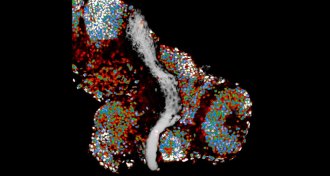 Neuroscience
NeuroscienceBrain’s physical structure may help guide its wiring
The brain’s stiffness helps dictate how nerve cells grow, a study suggests.
-
 Life
LifeColor vision strategy defies textbook picture
Cone cells in the retina see in black and white and color.
-
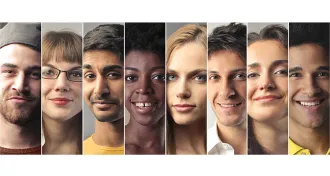 Neuroscience
NeuroscienceBrain training can alter opinions of faces
Covert neural training could shift people’s opinions of faces.
-
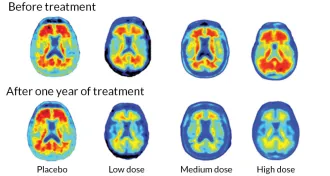 Neuroscience
NeuroscienceNew Alzheimer’s drug shows promise in small trial
A much-anticipated Alzheimer’s drug shows promise in a new trial, but experts temper hope with caution.
-
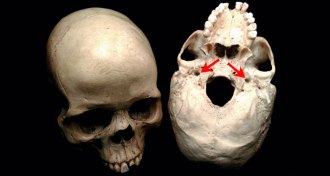 Humans
HumansBrain’s blood appetite grew faster than its size
Over evolutionary time, the energy demands of hominid brains increased faster than their volume, a new study finds.
-
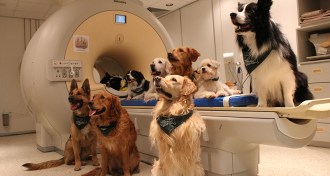 Animals
AnimalsDog brains divide language tasks much like humans do
Dogs understand what we say separately from how we say it.
-
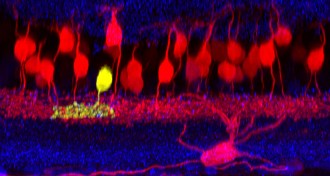
-
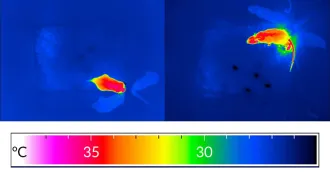 Neuroscience
NeuroscienceCool nerve cells help mice beat heat
A new study pinpoints fever-busting cells in mice’s brains.
-
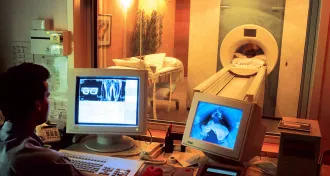 Neuroscience
NeuroscienceComputers refine epilepsy treatment
Surgeons harnessed computers in 1966 to pinpoint source of epilepsy in the brain.
-
 Neuroscience
NeuroscienceWhat Donkey Kong can tell us about how to study the brain
Neuroscience tools failed to reveal much about a simple microprocessor. What can they really tell us about the brain?